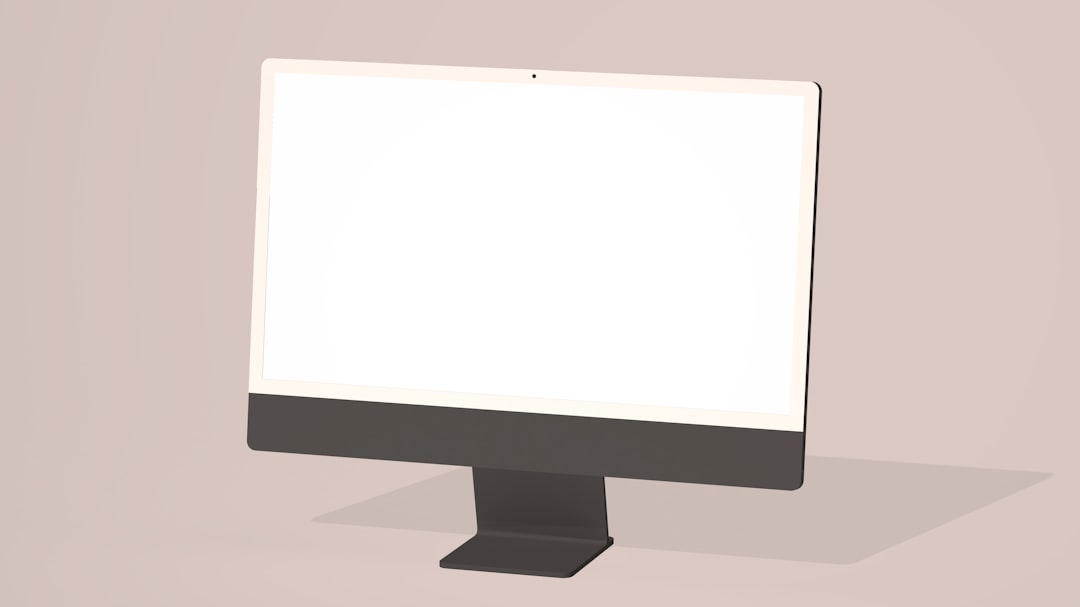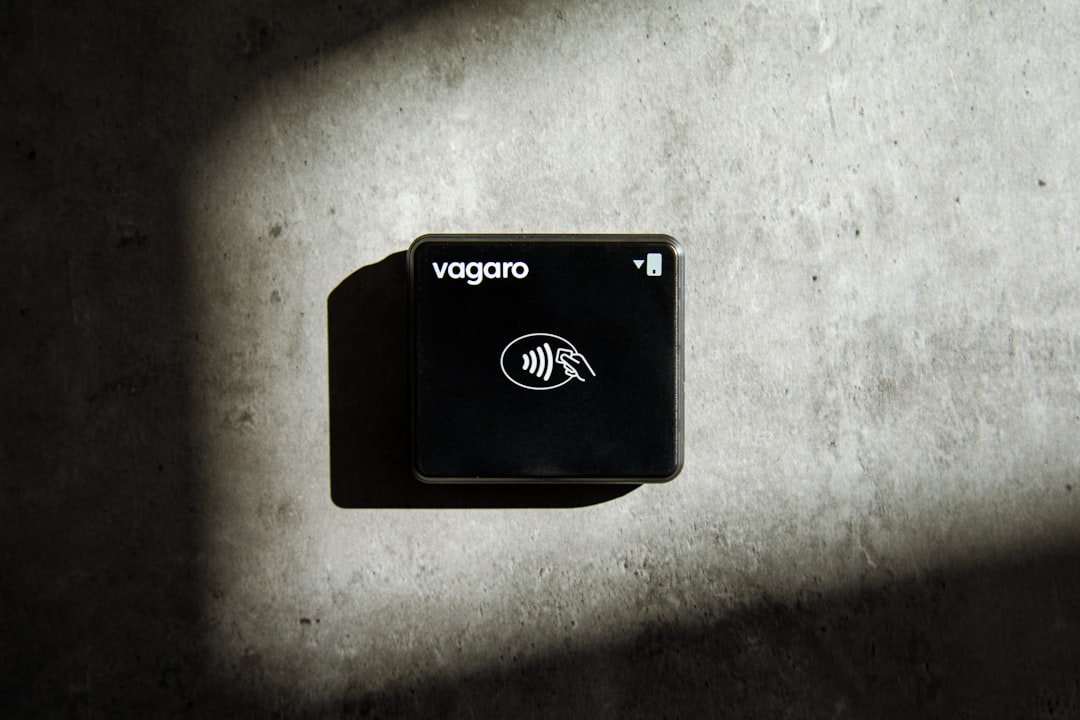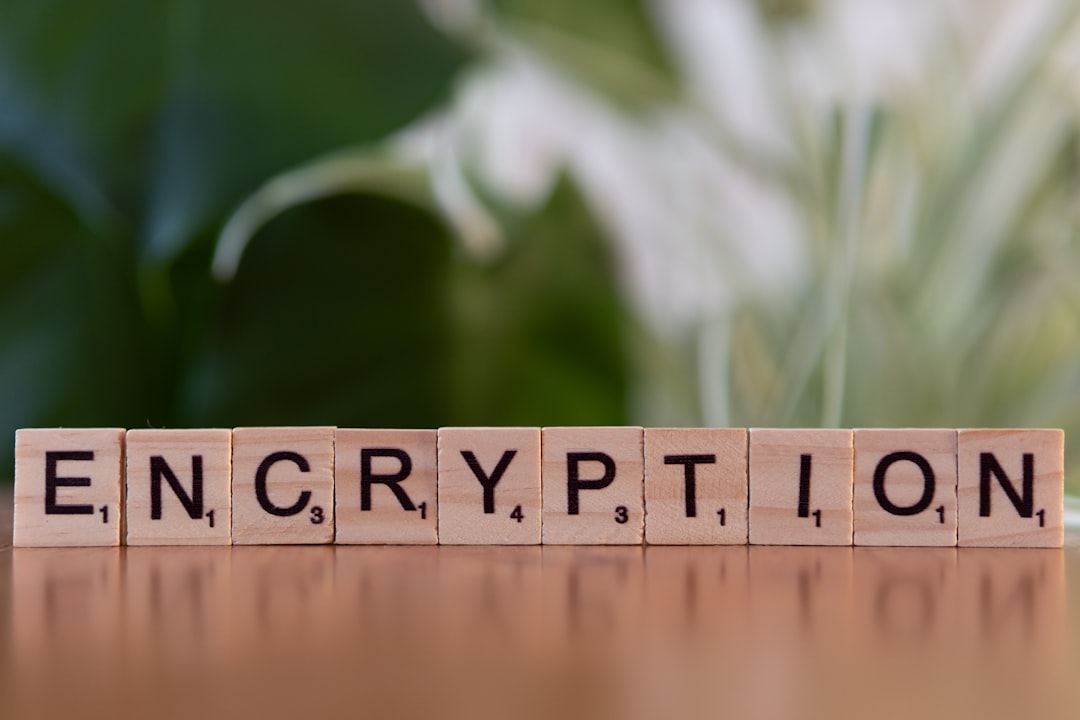Bazoocam, a popular online video chat platform, has long been favored by users looking to connect with random strangers across the globe. However, many users have recently found themselves frustrated when trying to access the site via a Virtual Private Network (VPN). These users are often met with sudden blocks, freezing connections, or complete denial of service. This reaction isn’t arbitrary—it’s a calculated move by Bazoocam’s developers, designed to protect its platform. But why exactly does Bazoocam block VPNs, and more importantly, how can users work around this issue?
Understanding Why Bazoocam Blocks VPNs
To understand why Bazoocam blocks VPNs, it’s essential first to understand the purpose of VPNs. VPNs hide a user’s actual IP address, replacing it with one from a shared server often located in a different region, thereby offering anonymity, security, and the ability to bypass geo-restrictions.
While these are valuable benefits, they also pose significant risks to platforms like Bazoocam that emphasize real-time user interaction, often involving sensitive Webcam data. For Bazoocam, users concealing their identities with VPNs can introduce abusive behavior, hacking risks, and platform misuse without accountability.
Bazoocam blocks VPNs for several core reasons:
- Preventing Abuse and Harassment – VPNs allow trolls and banned users to return undetected by masking their IP addresses.
- Ensuring Regional Compliance – Bazoocam may have restrictions and specific legal obligations in certain countries, which VPNs can circumvent.
- Stopping Bots and Spam – VPNs enable frequent IP hopping, common among bots that try to game the system or flood it with spam.
- Protecting User Experience – Reliable, geographically-based connections ensure better latency and more localized experiences for users.
When Bazoocam detects an IP address belonging to a VPN provider—often from a large pool of known VPN IPs—it automatically blocks it to preserve the platform’s integrity.

How Bazoocam Detects VPNs
Bazoocam employs advanced VPN detection technologies to flag and block known VPN traffic. Here’s how the process generally works:
- IP Range Identification: Many VPN providers operate within specific IP ranges. Bazoocam maintains blacklists of these known IP ranges.
- GeoData Analysis: If an IP appears to shift countries or regions regularly within a short time span (common behavior among VPNs), the system flags it.
- DNS Leak Checks: Discrepancies between the DNS server and IP data can signal VPN usage.
- Traffic Pattern Recognition: Machine learning tools examine behavioral patterns typical of VPN users or bots.
Once detected, this IP traffic is restricted immediately, either by presenting the user with a connection error or preventing video from loading correctly.
How to Fix the VPN Block on Bazoocam
For users who prefer a level of privacy or need VPNs for security purposes, facing a block can be incredibly disappointing. That said, there are several ways to potentially fix or bypass Bazoocam’s VPN block.
1. Use a Residential or Obfuscated VPN Service
Most VPNs use data center IPs, which are easily identified. Instead, some premium VPNs offer residential IPs, which route your traffic through real home IP addresses. These are much harder for detection algorithms to flag.
Alternatively, services with obfuscation technology disguise VPN traffic to make it appear like normal, non-VPN data. This method significantly improves the chance of bypassing Bazoocam’s filters.
2. Switch VPN Servers Regularly
If one server is blocked, switching to another server within the same VPN could sometimes resolve the issue temporarily. This is a trial-and-error approach but can offer a quick short-term fix.
3. Contact VPN Support
Some VPN providers constantly update their server IPs to stay off blacklists. Reach out to your VPN’s customer service to request suggestions on which servers are not detected by Bazoocam.
4. Use a Smart DNS
If your primary goal is bypassing geo-restrictions (rather than privacy), a Smart DNS service might work better. It masks your DNS queries without changing your IP address completely, avoiding detection.
5. Temporarily Disable the VPN
If you’re simply trying to log on to Bazoocam once and don’t need VPN protection for that session, consider turning your VPN off during usage. This isn’t ideal for security but may allow access as needed.

Risks of Bypassing Bazoocam VPN Blocks
While the above methods can be effective, it’s crucial to be aware of the risks attached to circumventing any site’s protective measures. VPN detection is part of Bazoocam’s broader security framework. Circumventing it—especially through misleading or illegal means—could result in a permanent ban.
Key risks include:
- Account Ban: If you log in and are found to be breaching terms, your IP, device, or account could be blacklisted.
- Data Vulnerability: Some non-reputable VPN services could expose your private information in the process of attempting to bypass blocks.
- Limited Platform Support: Using unapproved access methods may interfere with video streams or prevent you from using the platform’s full features.
It’s always advisable to read a platform’s terms of use and ensure that any bypassing method doesn’t violate their usage policies.
Choosing a VPN That Works with Bazoocam
Selecting the right VPN provider can drastically improve your chances of accessing Bazoocam without hiccups. Look for providers that offer:
- Dedicated IP Addresses – These are less likely to be flagged as shared VPN servers.
- Obfuscation Modes – Look for names like “Stealth VPN” or “Camouflage Mode.”
- Regularly Updated Servers – Choose VPNs that actively rotate and refresh their server IPs.
- Strong Customer Support – A good support team can guide you to working servers.
Services like NordVPN, Surfshark, and ExpressVPN are industry leaders in bypassing restrictive platforms thanks to their robust server architecture and privacy features.
Conclusion
Bazoocam’s VPN blocks are not about limiting access arbitrarily but are designed to protect its user base and maintain service integrity. While this can be inconvenient for privacy-minded users, there are still secure and credible ways to regain access without compromising safety or breaching platform rules.
By choosing the right VPN, leveraging obfuscation tools, and understanding what triggers the blocks in the first place, users can navigate the restrictions effectively.
Frequently Asked Questions (FAQ)
-
Q: Why does Bazoocam block VPN users?
A: It blocks VPN users to prevent abuse, ensure regional compliance, and offer a stable, safe environment for its users. -
Q: Can I still use Bazoocam with a VPN?
A: Yes, but you’ll need to use specialized VPN services that provide residential or obfuscated IP addresses. -
Q: What is the best VPN to use with Bazoocam?
A: Providers like NordVPN, Surfshark, and ExpressVPN are often successful, especially when configured correctly. -
Q: Is bypassing Bazoocam’s VPN block legal?
A: While not illegal in most regions, it may violate Bazoocam’s terms of service, potentially leading to being banned. -
Q: Will using a VPN affect my video quality on Bazoocam?
A: It can, depending on server distance and load. Using low-latency and nearby servers can help maintain video quality.
